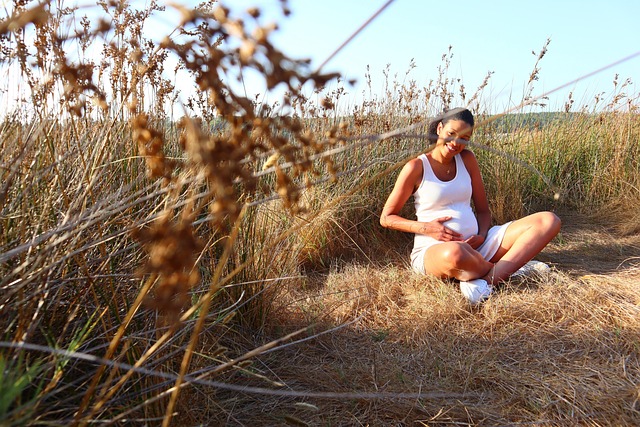As a parent, you may have concerns about vaccinating your little ones against COVID-19. With so much information circulating, it’s easy to feel overwhelmed. Here, we clarify some common myths regarding the COVID-19 vaccine for children under 5, offering you the facts you need to make informed decisions.
Why is Vaccination Important for Young Children?
While infants and toddlers are less likely to experience severe illness from COVID-19 compared to adults, they are not completely safe from the virus. Tragically, there have been approximately 800 reported deaths among children under 5 due to COVID-19. Vaccinating your child not only protects them but also helps to reduce the spread of the virus within the community.
Common Myths About the COVID-19 Vaccine for Kids
- Myth: The vaccine is unsafe for young children.
Fact: Extensive research and testing have shown that the vaccine is safe and effective for children under 5. - Myth: Children don’t need the vaccine because they are less likely to get sick.
Fact: While severe illness is less common, children can still contract the virus and experience long-term effects. - Myth: Vaccines can alter a child’s DNA.
Fact: COVID-19 vaccines do not change or interact with a child’s DNA in any way. - Myth: Natural immunity is better than vaccine-induced immunity.
Fact: Vaccination provides a stronger and more reliable immune response than natural infection. - Myth: The vaccine contains harmful ingredients.
Fact: The ingredients in the vaccine are safe and have been thoroughly evaluated for use in children. - Myth: Vaccination is not necessary if my child has had COVID-19.
Fact: Immunity from natural infection may wane, making vaccination important for additional protection. - Myth: The vaccine could lead to infertility in children.
Fact: There is no evidence to support claims that COVID-19 vaccines affect fertility. - Myth: Vaccinated children can still spread COVID-19.
Fact: Vaccines significantly reduce the risk of transmission, making vaccinated children less likely to spread the virus. - Myth: Side effects mean the vaccine is harmful.
Fact: Mild side effects are normal and indicate that the body is building immunity. - Myth: Vaccines are only necessary for older children and adults.
Fact: Young children also benefit greatly from vaccination against COVID-19. - Myth: The vaccine is not effective against new variants.
Fact: Research shows that the vaccine continues to provide protection against severe illness from variants. - Myth: There is no urgency in vaccinating young children now.
Fact: Vaccinating your child helps to protect them and others, especially in the context of ongoing transmission in communities.
For parents navigating the complexities of family planning and conception, resources like MakeAMom offer innovative at-home insemination options. If you’re interested in understanding how at-home insemination works, check out this detailed guide. Additionally, if you’re considering sperm donation, join our free sperm donor matching group for support.
For those exploring various conception methods, you might find this article on timed intercourse useful. It’s important to have support on your journey; discover emotional support strategies through this excellent resource. For further insights on fertility treatments, Healthline offers authoritative information on IVF and other options.
To Summarize:
Vaccination against COVID-19 is crucial for young children, providing protection against severe illness and helping to curb the spread of the virus. By debunking common myths, we aim to empower parents with accurate information. Explore the resources available for family planning and home insemination to support your journey into parenthood.

